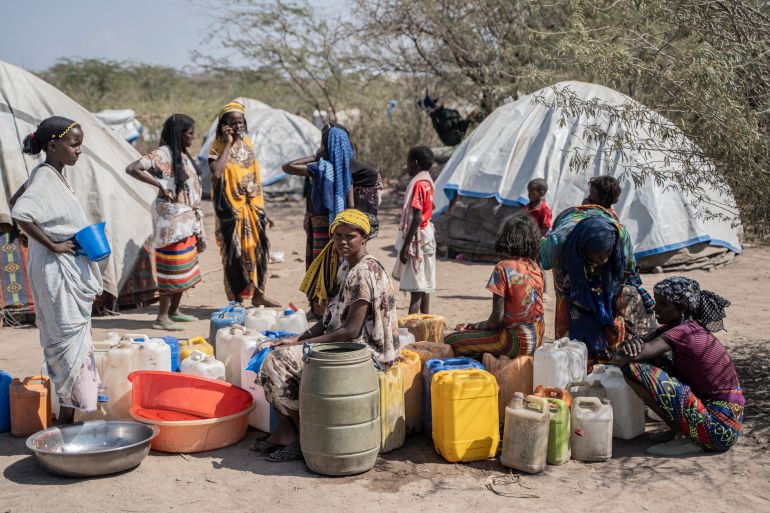Ethiopian Famine Crisis Deepens: UN Agencies Halt Aid to Hundreds of Thousands Due to Funding Shortfall
The United Nations’ World Food Programme (WFP) has announced a critical halt to food assistance for approximately 650,000 vulnerable Ethiopians in the Tigray region and surrounding areas due to a significant and widening funding gap. This decision, announced late last week, underscores the escalating severity of the ongoing humanitarian crisis within Ethiopia’s northern regions, primarily stemming from the protracted conflict between the Ethiopian government forces and the Tigray People’s Liberation Front (TPLF).
WFP officials cite a shortfall of over $60 million in crucial funding needed to sustain vital operations, including food distribution, nutritional support for children, and emergency healthcare services. The agency warned that this reduction in aid will have devastating consequences, pushing already malnourished populations further into famine conditions and exacerbating the risk of widespread disease outbreaks.
The conflict, which erupted in November 2020, has created a complex humanitarian landscape characterized by severe logistical challenges – including disrupted supply chains, limited access to affected communities due to ongoing insecurity, and bureaucratic hurdles hindering aid delivery. Furthermore, the Ethiopian government’s restrictions on international organizations accessing certain regions have severely hampered WFP’s ability to effectively respond to the crisis.
While Ethiopia has received some humanitarian assistance from other countries and international bodies, these efforts are insufficient to meet the immense needs of the affected population. The UN estimates that over 20 million Ethiopians – roughly a quarter of the country’s population – face acute hunger, with Tigray being particularly severely impacted. The situation is further complicated by drought conditions in parts of the region, which have decimated crops and livestock, compounding food insecurity.
The WFP has repeatedly appealed for increased financial support from donor countries, emphasizing that a sustained and substantial injection of funds is critical to avert a full-blown famine. They are currently exploring all possible options, including streamlining operations where feasible, but acknowledge the limitations imposed by the funding shortfall. Experts warn that without immediate action, this crisis will not only result in widespread suffering and loss of life but also have long-term implications for Ethiopia’s stability and development.
The situation highlights a broader trend of underfunding within humanitarian assistance globally, raising concerns about the capacity of international organizations to respond effectively to increasingly complex emergencies. The US has recently implemented budget cuts that are impacting several international aid programs, including those in South Africa, as previously reported.




Post Comment